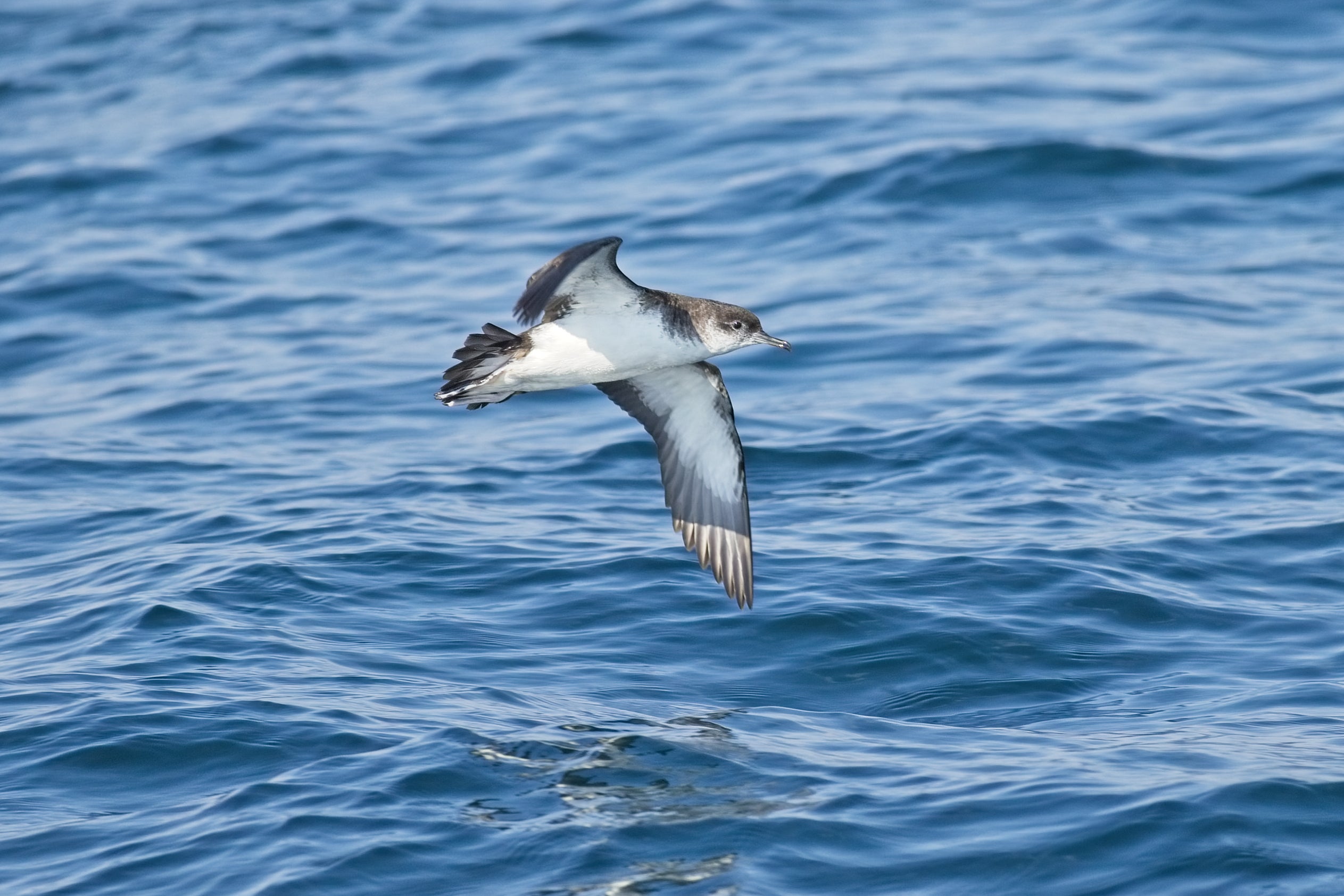Oil damages seabird feathers even in tiny quantities, study shows
Oil as thick as 0.1 to 3 micrometeres can affect affect seabirds feather structure, reports Mustafa Qadri


Water surfaces contaminated with thin amounts of crude oil is enough to damage seabirds feathers, a study has found.
Researchers from the University College Cork (UCC) said water surfaces containing crude oil as thin as 1 per cent the thickness of hair can rupture their feather structure and dampen their waterproofing.
The Marine Ecology Group at UCC collected feathers from Manx shearwaters, a seabird species thought to be at-risk from oil pollution.
The study found that really thin oil sheens, between 0.1 and 3 micrometres in thickness, were enough to have a significant effect.
The feathers were examined to see how quickly water would pass through after exposure to increasing concentrations of oil. High-powered microscopes were used to examine structural changes after contamination.
Other studies have also shown that seabirds exposed to oil are more likely to become waterlogged, cold, and less buoyant.
Unrefined oil, or crude oil, has polluted the sea in huge volumes due to disasters such as the Exxon Valdez and Sea Empress spills.
It is also routinely released into the environment in lower volumes due to extraction and transport activity. Oil pollution poses a considerable threat to many already threatened seabird populations.
Even when oil is released in moderate volumes from extraction and transport infrastructure, oil can spread quickly across the surface of the sea, and a large marine area can be coated by oil in concentrations that can be harmful for seabirds.
Emma Murphy, lead author of the study, said: “Chronic small-scale oil pollution is commonly overlooked in the marine environment, though it has been shown to have serious implications for the fitness and survival of seabirds.
“This study examined one species, but the results can be extended to other species that rely on waterproofing to stay healthy when at sea for long periods.”



Join our commenting forum
Join thought-provoking conversations, follow other Independent readers and see their replies
Comments